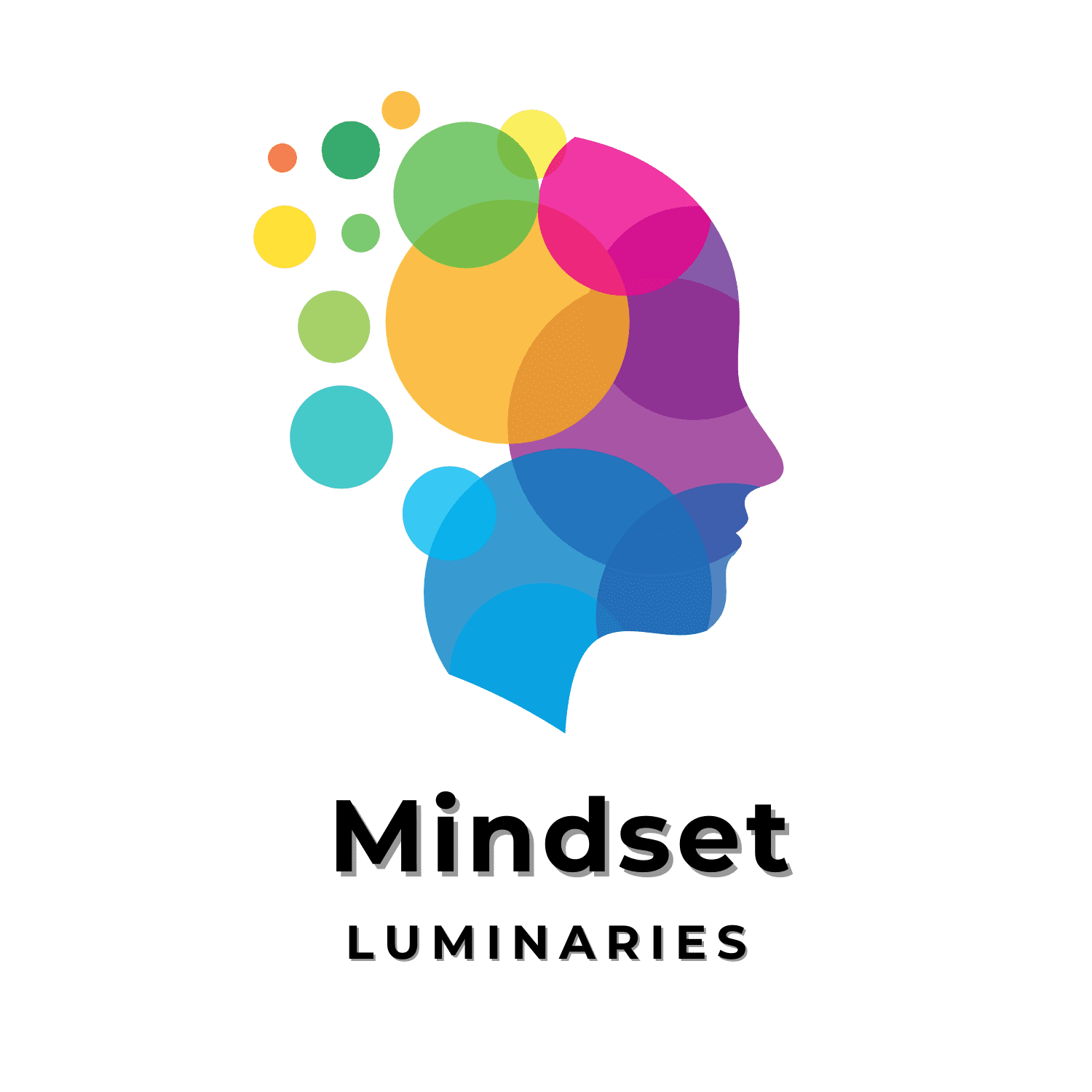Mastering the Art of Growth Mindset

At Mindset Luminaries, we’re stirring the pot of personal and professional evolution with a dash of pop culture zest. Think of us as your quirky guide through the wild jungles of growth and self-improvement.
We’re firm believers that everyone’s got a blockbuster success story waiting in the wings – it just needs a nudge (or a dramatic plot twist) to take center stage.
Armed with thought-provoking insights, binge-worthy content, and a band of cheerleaders disguised as a community, we’re here to boost, bend, and beam light on your journey.
Our platform isn’t just a lighthouse for mindset makeovers; it’s your launchpad to a universe of ‘what-ifs’ and ‘why-nots.’ So, capes on, adventurers! Let’s co-author this epic saga called life, one thrilling chapter at a time.
What is a Growth Mindset and How Does it Differ from a Fixed Mindset?
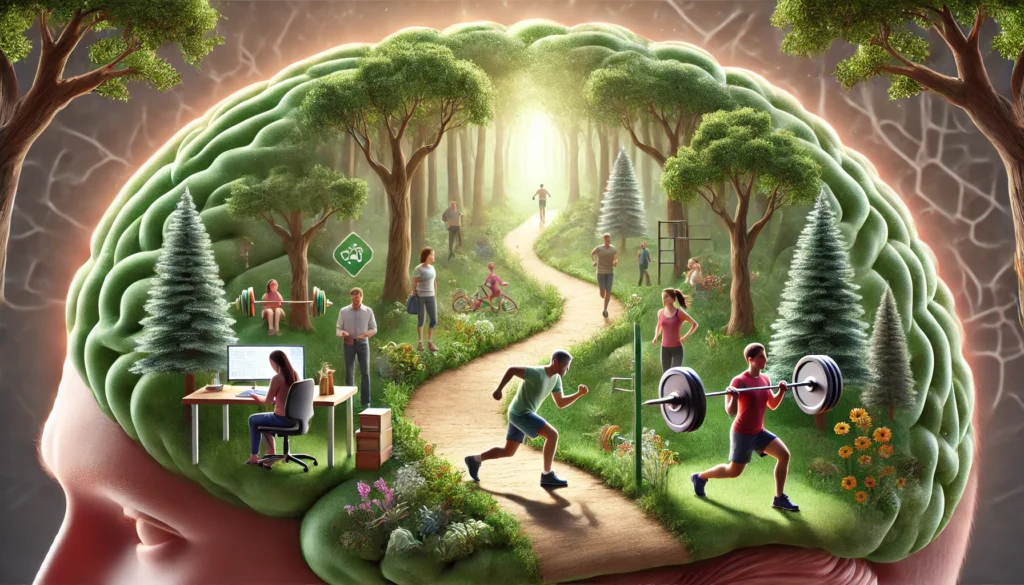
A growth mindset is like having the superhero power of relentless improvement. Picture Rocky Balboa training for his next big fight, determined to get stronger, faster, and smarter. That’s a growth mindset—a positive mindset, a belief that abilities and intelligence can be developed through dedication and hard work, with brains and talent as just the starting point.
The opposite of a growth mindset, a fixed mindset is like being cast as the stereotypical high school villain in every teen movie ever, convinced that your role and abilities are set in stone.
The fixed mindset says, “You’re born this way; deal with it.” Embracing a growth mindset means channeling your inner Hermione Granger, eager to learn, resilient, and ready to tackle any challenge thrown your way. It also recognizes that setbacks are a necessary part of the learning process, allowing people to ‘bounce back’ and increase their motivational effort.
Understanding the difference between a growth mindset and a fixed mindset is crucial in mastering the basic qualities of a growth mindset and achieving personal growth and success.
According to Carol Dweck from Stanford University (2006), individuals with a growth mindset see challenges as opportunities to improve and learn, whereas those with a fixed mindset view them as threats to their inherent abilities.
In the world of The Matrix, it’s the difference between being Neo, who believes he can learn and evolve to master the Matrix, and Cypher, who just wants to go back to his predetermined life. Developing the right mindset, specifically a growth mindset, is essential for success and personal growth, as studied by Carol Dweck.
Why Growth Mindset Matters
Having a growth mindset is like having a magic wand that turns obstacles into stepping stones. It’s the difference between staying down for the count and rising up like a phoenix.
Take Harry Potter for example: when faced with adversity, Harry and his friends use every setback as a learning experience, leading to ultimate success.
A growth mindset matters because it’s the foundation of resilience, continuous learning, and ultimate success in the face of challenges. It encourages individuals to step out of their comfort zone and view challenges as opportunities for growth and improvement. (Yeager & Dweck, 2012).
Characteristics of a Growth Mindset
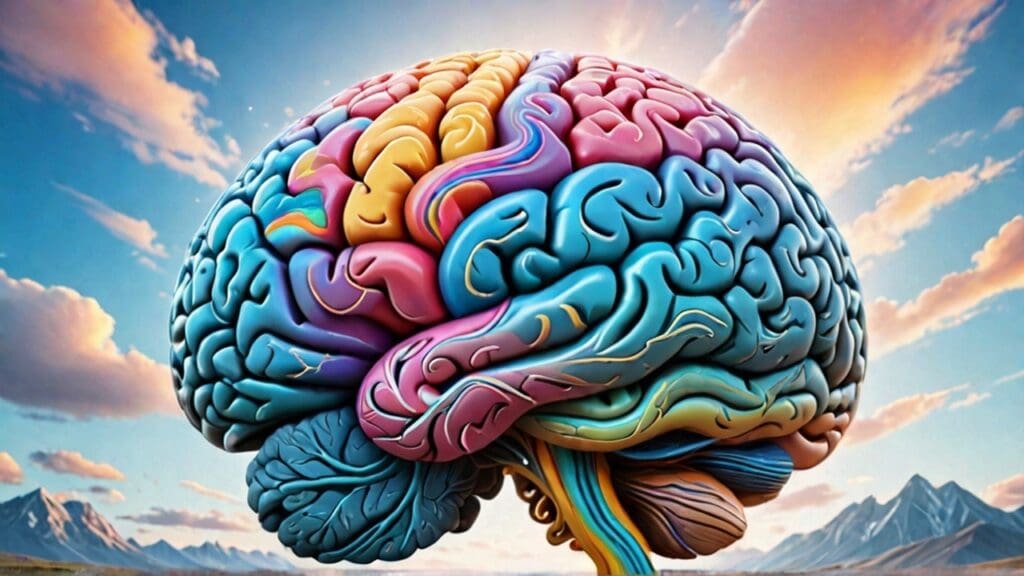 If a growth mindset had a playlist, it would include hits like “Don’t Stop Believin’” by Journey and “Eye of the Tiger” by Survivor. Key characteristics include:
If a growth mindset had a playlist, it would include hits like “Don’t Stop Believin’” by Journey and “Eye of the Tiger” by Survivor. Key characteristics include:
– Embrace Challenges: Think of Katniss Everdeen from “The Hunger Games,” who faces every trial with determination.
– Persistence: Like Dory in “Finding Nemo,” always saying “Just keep swimming.”
– Learn from Criticism: Remember Mulan, who takes her weaknesses and turns them into strengths.
– Inspiration from Others’ Success: Be like Frodo Baggins, inspired by the bravery of others to complete his own daunting quest.
How to Develop a Growth Mindset
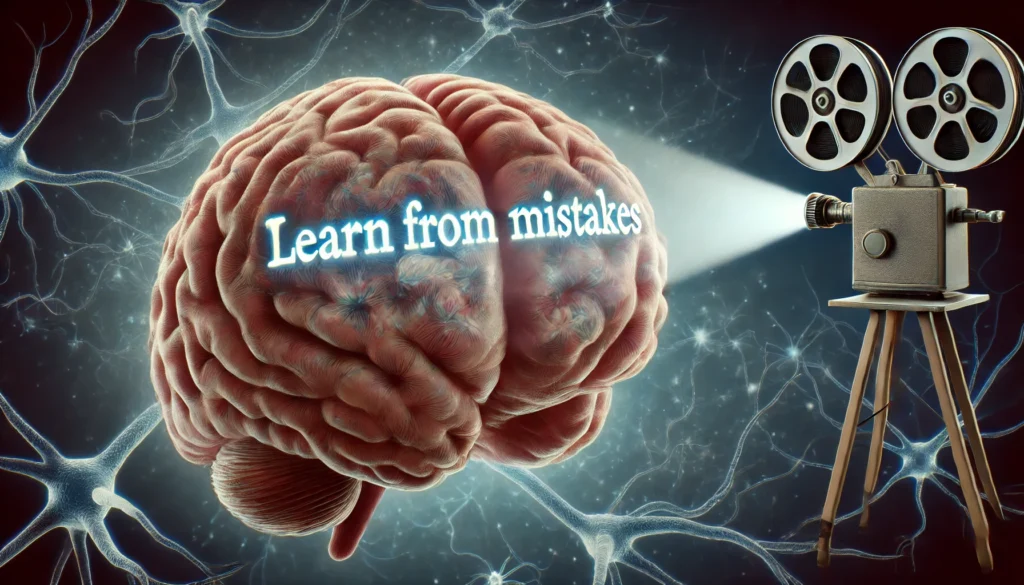 Developing a growth mindset is like training to become a Jedi: it takes time, effort, and the right guidance. Here’s how you can start:
Developing a growth mindset is like training to become a Jedi: it takes time, effort, and the right guidance. Here’s how you can start:
– Embrace the Process: Enjoy the journey of learning, much like Luke Skywalker embracing his Jedi training.
– Set Learning Goals: Focus on what you can learn rather than what you can achieve, like Bilbo Baggins setting off on an adventure to learn about the world.
– Celebrate Effort, Not Just Success: Reward the effort you put in, just like Coach Taylor in “Friday Night Lights” emphasizes hard work over winning.
– Reflect on Learning: Take time to think about what worked and what didn’t, similar to how Sherlock Holmes reflects on each case to improve his methods.
Overcoming Obstacles and Setbacks with a Growth Mindset and Pop Culture
Imagine you’re in the midst of an Indiana Jones adventure, and every setback is just another trap to outsmart. With a growth mindset, obstacles become puzzles to solve. When Tony Stark hits rock bottom in Iron Man, he uses his intelligence and perseverance to build a new suit and rise again. Here are ways to overcome obstacles with a growth mindset:
– Stay Positive: Keep a positive outlook like Ted Lasso, who always finds the silver lining.
– Seek Solutions: Be resourceful like MacGyver, always finding a way out of tight spots.
– Learn from Mistakes: Channel your inner Steve Rogers (Captain America), who learns from his failures to become a better leader.
The Science Behind Growth Mindsets
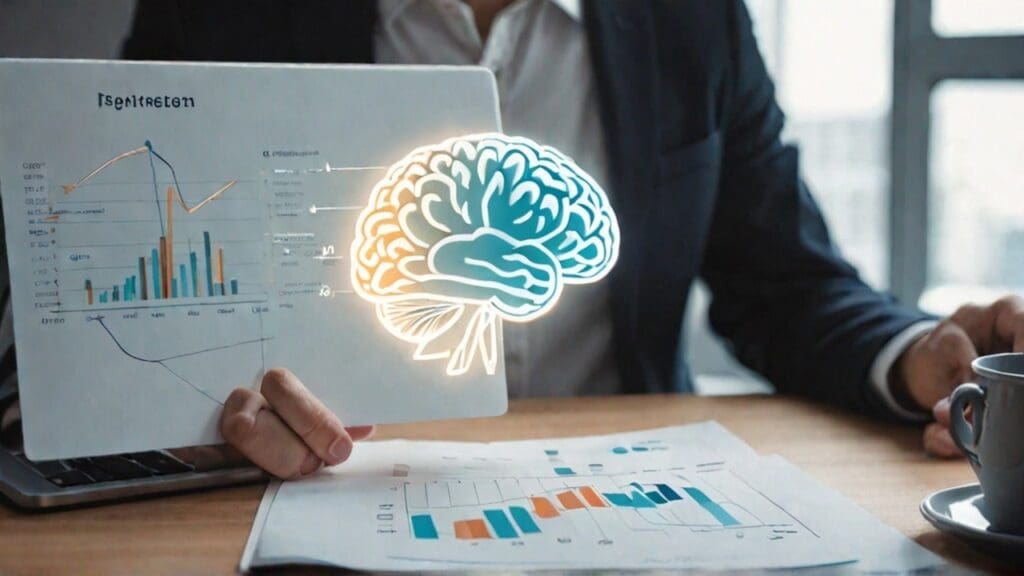 Scientific research backs up the power of a growth mindset, making it more than just motivational mumbo jumbo. Studies show that people with growth mindsets have better brain plasticity, meaning their brains are more capable of forming new connections and learning (Blackwell, Trzesniewski, & Dweck, 2007).
Scientific research backs up the power of a growth mindset, making it more than just motivational mumbo jumbo. Studies show that people with growth mindsets have better brain plasticity, meaning their brains are more capable of forming new connections and learning (Blackwell, Trzesniewski, & Dweck, 2007).
MRI scans reveal that when people adopt a growth mindset, their brains actually work harder and smarter, with the connectivity between neurons increasing (Mangels et al., 2006).
By utilizing good strategies, asking questions, practicing, and following good nutrition and sleep habits, individuals can increase their neural growth and strengthen their brain’s ability to form new connections through exposure to positive and educational content, such as uplifting podcasts and informative articles on social media.
In conclusion, adopting a growth mindset transforms your life into an epic journey of continual learning and resilience, much like the heroes we admire in movies, TV shows, and books.
So, next time you face a challenge, remember: you’re not stuck in a fixed role—you’re the protagonist of your own story, ready to try new things, learn, grow, and conquer new challenges that come your way. This is the first step to mastering the art of growth mindset.
Unlock Unstoppable Resilience: Channel Your Inner Hero with a Growth Mindset!
Feeling stuck in a rut, like you’re living in a sitcom where every day is a rerun? You might be suffering from a lack of growth mindset! Imagine having the resilience of Rocky Balboa, the mindfulness of a Jedi, and the learning agility of Hermione Granger.
That’s what a growth mindset can do for you! It’s the secret sauce behind bouncing back from life’s plot twists and cliffhangers.
But how do you cultivate this superpower? Start by embracing challenges like Katniss Everdeen, persist like Dory, and learn from your mistakes like Tony Stark. And the science backs it up—MRI scans show our brains get a workout when we think this way.
Craving more pop culture-fueled wisdom? Dive into our blog, and don’t forget to check out our Facebook and YouTube channels for a continuous stream of epic growth mindset content! Ready to become the hero of your own story? Let’s do this!
References
– Blackwell, L. S., Trzesniewski, K. H., & Dweck, C. S. (2007). Implicit theories of intelligence predict achievement across an adolescent transition: A longitudinal study and an intervention. Child Development, 78(1), 246-263. doi.org/10.1111/j.1467-8624.2007.00995.x
– Dweck, C. S. (2006). Mindset: The new psychology of success. Random House.
– Mangels, J. A., Butterfield, B., Lamb, J., Good, C., & Dweck, C. S. (2006). Why do beliefs about intelligence influence learning success? A social cognitive neuroscience model. Social Cognitive and Affective Neuroscience, 1(2), 75–86. doi: 10.1093/scan/nsl013
– Yeager, D. S., & Dweck, C. S. (2012). Mindsets that promote resilience: When students believe that personal characteristics can be developed. Educational Psychologist, 47(4), 302-314. doi.org/10.1080/00461520.2012.722805
Mission
Empower individuals and organizations to unlock potential and foster growth through insights from popular culture.
Vision
To be the leading online destination for integrating gowth mindset strategies from movies, TV shows, and books into personal development and business.
Motto
Empower, Evolve, Inspire
Better Tomorrow
Everyday, and in every way, we're creating a world where minds expand, potential is unlocked, and boundaries are redefined.
Evolution Declaration
We transcend limitations and redefine success; From today's challenges emerge tomorrow's pioneers.
Identity
Mindset Leaders (Luminaries)
